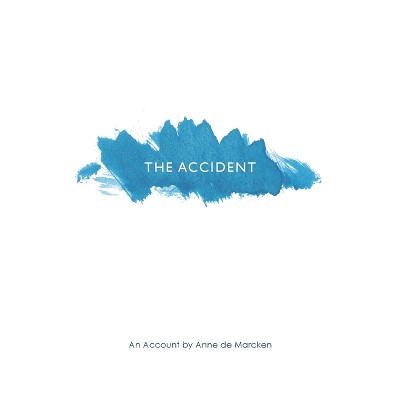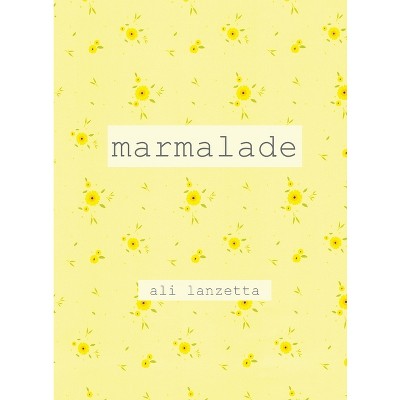Sponsored

Can We Anything We See - by Catherine Bresner (Paperback)
In Stock
Sponsored
About this item
Highlights
- Catherine Bresner's Can We Anything We See initiates a new mode of ekphrasis in the postinternet age.
- Author(s): Catherine Bresner
- 86 Pages
- Poetry, General
Description
Book Synopsis
Catherine Bresner's Can We Anything We See initiates a new mode of ekphrasis in the postinternet age. In this long poem, Bresner explores the ways in which current technologies, specifically artificial intelligence, outline the uncanny valley of speculative thought and shape a sense of personhood. In lines that sometimes act as captions or ciphers (or both), Bresner allows for the caesuras of breath and contemplation, in consideration of the digital landscape human beings currently find themselves in. Simultaneously present, prescient, and timeless, Can We Anything We See invites infinite readings.
Review Quotes
Catherine Bresner's keyword unlocking a speculative ekphrasis, or doing to "cloud" what a prompted AI does to a human hand, messing it uncannily, making strange in its interpretive drift. The blanks above the poet's extracts open the Possible even as they bracket what's happened, captured broken links to an Internet that was so different only yesterday, remember? And if not: recall as these motile and unnerved lines do. While you're there, recall, also, that the cues one writes to MidJourney may set us to picturing, too. Can't you see it? Can't you see anything? Can We Anything We See? Bresner, compellingly unsettled, asks. Yes, they/she do.
-Douglas Kearny, author of Sho
In the histories of our halting, weirdly haphazard journeys with AI yet to be written, let's be sure to make space for Catherine Bresner's swift, beautiful meditation on image, caption, technology, self, other. Us and our computers: a strange dialogic space, equally apt to offer ludicrous and/or stunning possibility and the spectacle of our own mortal bodies-still fumbling. The book starts as a series of captions to absent images. Some quite funny. But there's an attention to language, its resilience, and the resilience of the human sensorium that I find bracingly moral. Not that we are offered proscriptions. Instead, Bresner elegantly, conscientiously pries open a dialectical inquiry, where the computational "can" confronts a sensitized "we". It may just be us and our phones, but we are yet making poetry together: "Fertile, blooming / a thousand shapes of us es." This is gorgeously inventive and important work.
-Hannah Brooks-Motl, author of Earth and M
Catherine Bresner's Can We Anything We See initiates a reverse ekphrasis, as the title's verbal omission is an intentional invitation in this fill in the blank text as collection of captions, many of which mime the encoded prompt-speech of text to image generators, where the only limit of vision or visibility is one's imagination. Some pages read as aphorisms, some as advisories, some as divinations, though all of Bresner's poems explode the "could-scape" of networked intimacies rejiggered through neural networks and the spectacle of always-on copresence: "not solitude exactly but/something like it." Bresner's Can We Anything We See is as its amorphous speaker-user intones: a "hallucinatory artifact" beyond the "capitalist gory holes" of our daily scrolls. What we find at the edge is not just the vertiginous horror of unchecked sight, but a site of possible subjectivity: "outside the I space."
-Chris Campanioni, author of VHS and The Internet is for Real
Shipping details
Return details
Frequently bought together

















